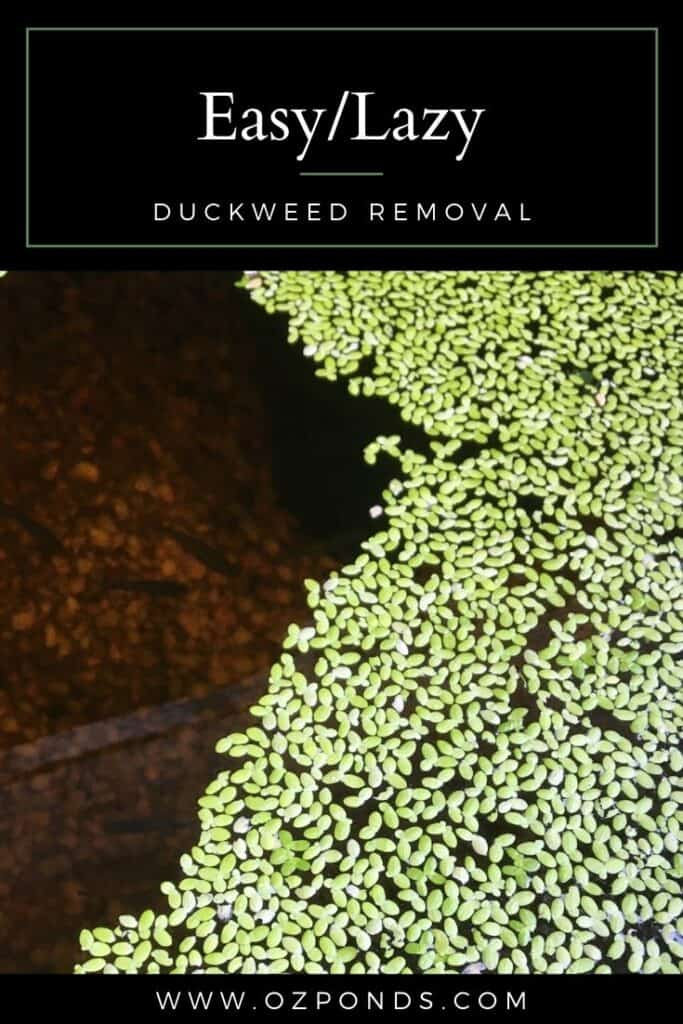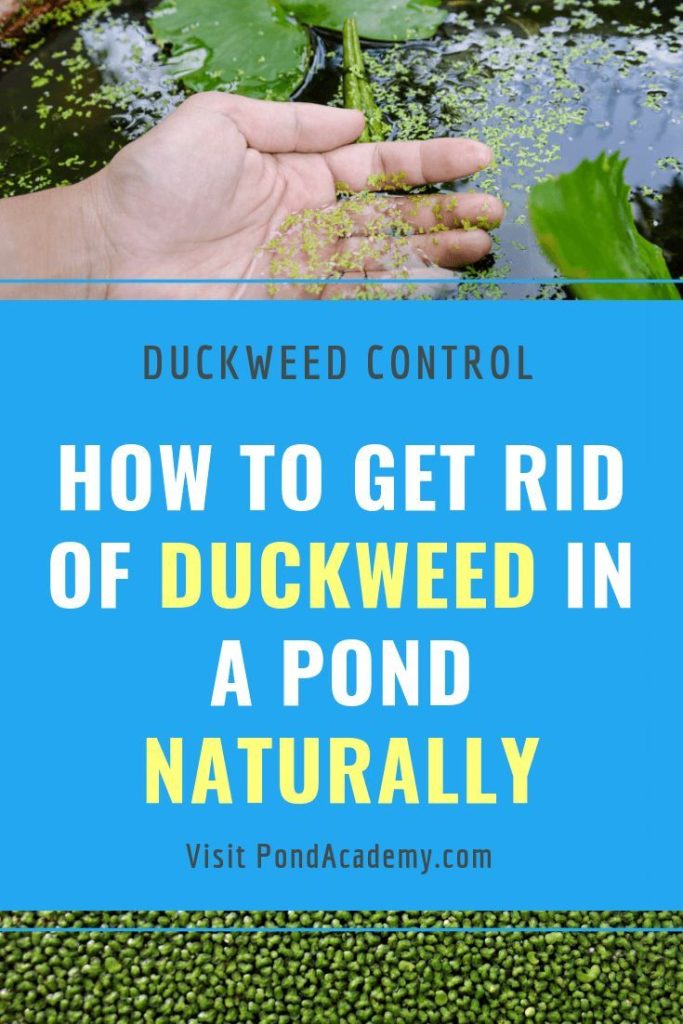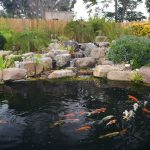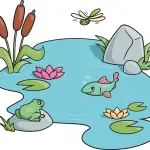Pond duckweed is a common nuisance for pond owners, as it can quickly take over the surface of the water, impacting the overall health of the pond ecosystem. Duckweed is a small, floating aquatic plant that reproduces rapidly, forming dense mats that block sunlight and oxygen from reaching the water below. This can lead to problems such as algae blooms, fish kills, and an overall imbalance in the pond’s ecosystem.
Identifying Pond Duckweed
Duckweed is a free-floating plant that consists of small, rounded leaves that float on the surface of the water. It can reproduce quickly through fragmentation, where small pieces break off and form new plants. Duckweed is often mistaken for algae, but it is actually a flowering plant that belongs to the Lemnaceae family.
Methods to Control Pond Duckweed
Controlling pond duckweed requires a multi-faceted approach to ensure long-term success. Here are some effective methods to get rid of pond duckweed:
1. Physical Removal
One of the simplest ways to control duckweed is through physical removal. You can use a fine mesh net or a pond skimmer to scoop out the duckweed from the surface of the water. Regularly removing duckweed can help prevent it from spreading and taking over the pond.
2. Biological Control
Introducing natural predators of duckweed, such as certain species of fish or ducks, can help keep the population in check. Grass carp, koi, and tilapia are known to feed on duckweed and can be effective in controlling its growth. However, it’s essential to research the compatibility of these species with your pond ecosystem before introducing them.
3. Chemical Treatments
There are several chemical treatments available that can help control duckweed growth. Herbicides such as fluridone and diquat are commonly used to target duckweed specifically. It’s crucial to follow the manufacturer’s instructions carefully when using chemical treatments to avoid harming other aquatic plants and animals in the pond.
4. Mechanical Control
Mechanical control methods, such as aeration and circulation devices, can help disrupt the growth of duckweed. By creating water movement and increasing oxygen levels, you can prevent duckweed from forming dense mats on the pond’s surface. Installing a fountain or aerator can be an effective long-term solution for controlling duckweed.
5. Nutrient Management
Duckweed thrives in nutrient-rich environments, so managing the nutrient levels in your pond can help prevent its growth. Avoid over-fertilizing the water, as excess nutrients can fuel the growth of duckweed and other aquatic plants. Regular water testing and proper nutrient management are essential for maintaining a healthy pond ecosystem.
Preventing Duckweed Infestations
While controlling existing duckweed populations is essential, preventing future infestations is equally important. Here are some tips to help prevent duckweed from taking over your pond:
- Limit the use of fertilizers near the pond to prevent nutrient runoff.
- Regularly inspect and clean out any debris that may contribute to nutrient buildup.
- Introduce native aquatic plants that can outcompete duckweed for resources.
- Maintain a balanced fish population to help control the growth of duckweed.
- Monitor water quality parameters regularly to catch potential issues early.

Credit: ozponds.com

Credit: www.killlakeweeds.com
Conclusion
Getting rid of pond duckweed requires a combination of proactive management strategies to ensure a healthy and balanced pond ecosystem. By implementing a comprehensive approach that includes physical removal, biological control, chemical treatments, and nutrient management, you can effectively control and prevent duckweed infestations in your pond. Remember to monitor your pond regularly and take action promptly to keep duckweed at bay and maintain the overall health of your pond.




